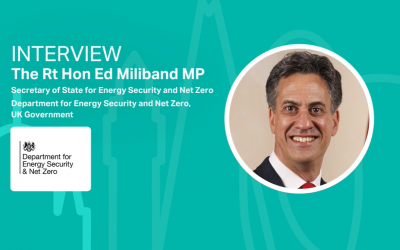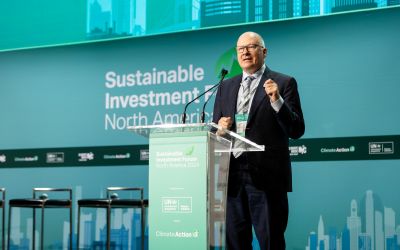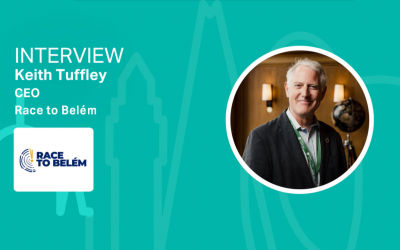Breckinridge: 2021 ESG Issuer Engagement Report
Breckinridge’s 2021 Issuer Engagement program focused on climate change risk as a unifying theme. We view climate change as a risk multiplier for corporate, municipal, and securitized bonds. It is an integral factor in our approach to environmental, social and governance (ESG) risk assessment.

Breckinridge’s 2021 Issuer Engagement program focused on climate change risk as a unifying theme. We view climate change as a risk multiplier for corporate, municipal, and securitized bonds. It is an integral factor in our approach to environmental, social and governance (ESG) risk assessment.
During the first eight months of 2021, our research team members held nearly 60 direct engagement discussions with issuers and subject matter experts (SMEs). These meetings were in addition to the numerous interactions the analysts had routinely with issuers and SMEs as they conducted new security research and ongoing surveillance of the bonds in our investment portfolios.
UN Report Starkly Illustrates the Challenge
This year, the United Nations (UN) confirmed that climate change risks are permanent and intensifying. On August 7, 2021, the UN Intergovernmental Panel on Climate Change (IPCC) assessment report stated that climate change is unequivocally driven by greenhouse gas (GHG) emissions caused by human activity.
Climate change and its consequences—extreme weather including hurricanes, typhoons, cyclones, and tornadoes; rising seas; melting ice caps; wildfires; deadly urban heat; coastal flooding; persistent droughts—are constant threats to human life and commerce. The more than 200 scientists convened by the UN to develop the report concluded that nations can no longer stop global warming from intensifying over the next 30 years.
While the science says that there is still a short window to prevent a disastrous future, the authors warned that, even if nations started sharply cutting emissions today, total global warming is likely to rise to around 1.5 degrees Celsius within the next two decades.
Designing the Engagement Program on Climate Change Risk
During our 2021 issuer engagements, our analysts, issuers, and SMEs explored material physical risks of climate change. They also examined transition risks facing corporate and municipal issuers as they adapt to a low- or no-carbon economy.
Our engagement discussions also highlighted the dimensionality of climate change. Climate change is a pervasive risk across corporate and municipal sectors. This dimensionality of material climate change risks can complicate the task of transitioning to a low- or no-carbon economy, but it also may provide potentially powerful opportunities for collaborations that can accelerate progress. For example, representatives of city and state governments spoke of effective partnerships forged with regional groups addressing risks associated with water/sewer services. Corporate issuers discussed with us their work with SMEs to develop climate risk mitigation, adaptation, and measurement strategies.

_400_250_s_c1.png)




